The phrase “art and science” of marketing gets thrown around a lot. But what does it really mean? What exactly is the art part of marketing, and what is the science? Where are the boundaries between them? Do they overlap?
These are some of the questions that Mayur Gupta, global VP of marketing & growth at Spotify, and I will be addresing in the opening keynote of the MarTech conference in San Francisco this May.
(As a reminder, the early bird “beta rate” for MarTech tickets expires this coming Saturday, April 1 — yes, really, April 1. Here’s an in-depth preview of the entire 2-day event.)
The framework at the top of this post is a rough draft of examining the yin-and-yang of intuitive vs. analytical approaches to marketing and management that I noodled about with Gord Hotchkiss (who will also be speaking at MarTech on AI and the B2B buyer’s journey) about four years ago.
It’s not quite the same thing as the art vs. science dichotomy — is it? — but it helps one appreciate the valuable interplay between supposedly opposing perspectives.
We’d love to hear what you think on this subject. Please take this short survey on the art and science of marketing. We’ll share the results with everyone here as well as incorporate them into our MarTech presentation. I think it will be really fascinating to see the spectrum of how our profession collectively looks at the balance of these worldviews.
Thank you — and I hope to see you in San Francisco in May!
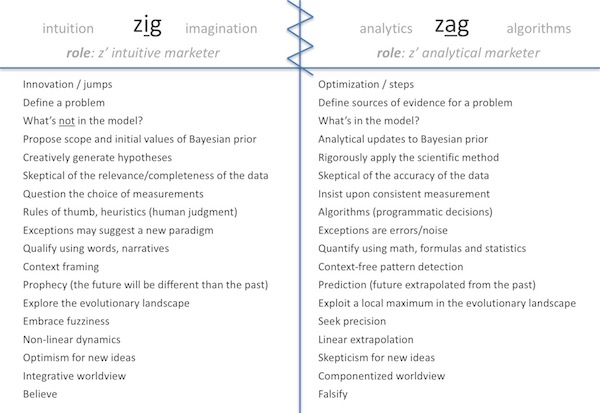
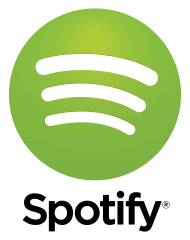
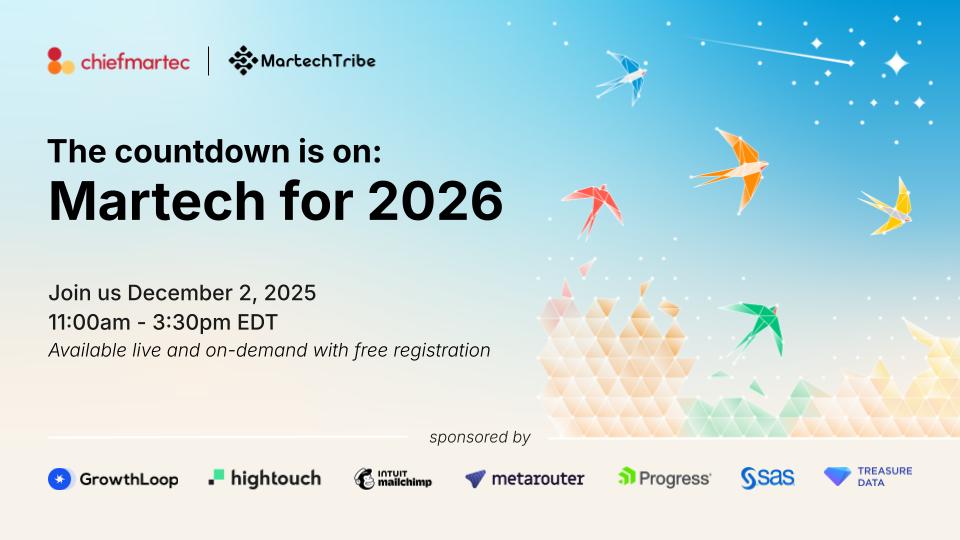
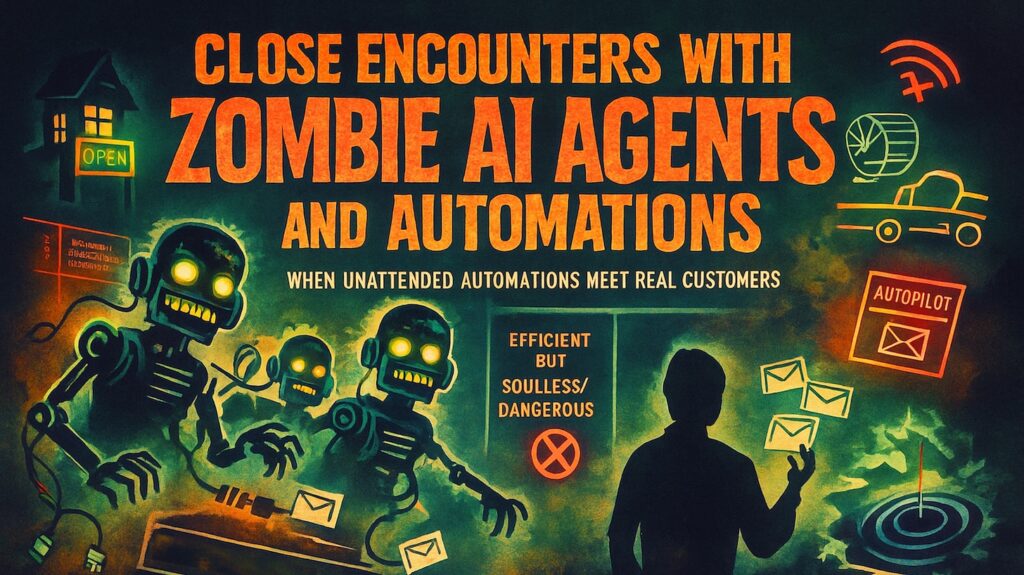
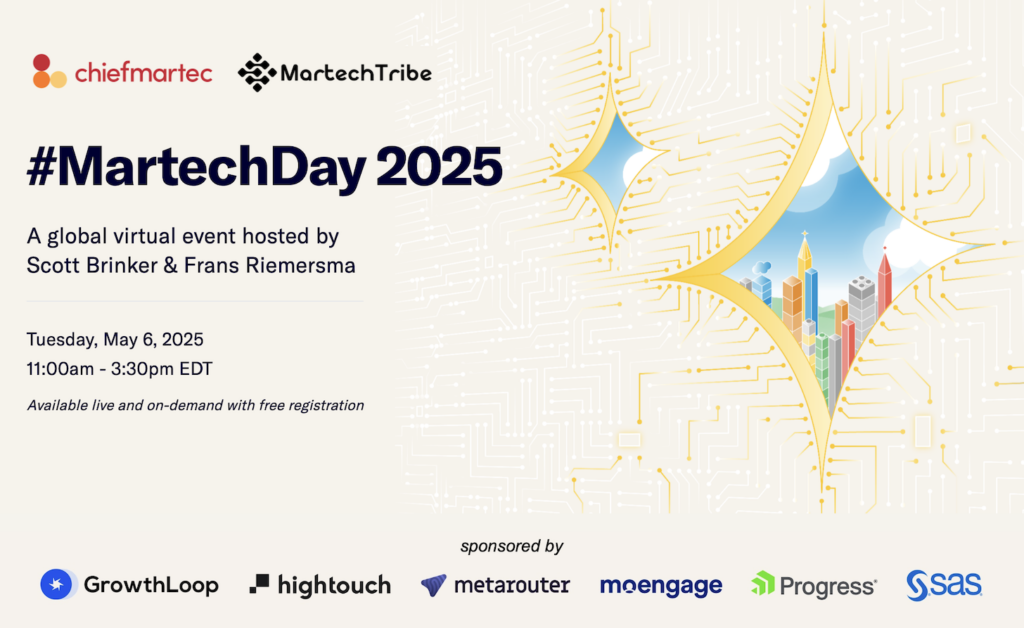
Scott –
Two key concepts learned in 30 years of working on both sizes of the “zig” and “zag” line:
1. “Art” and “Science” are essentially the same thing, for both are arguably commodities (creativity and mathematics are each widely distributed in the public domain). And as in most commodity markets, the “buyers” will tend to exhibit bi-modal tendencies – subject occasionally to a “momentum” skew where one or the other gets more “popular”. But it always reverts back to bi-modal in the long run. As such, I’ve learned to think of this as…
2. “Science enables, but imagination wins.” The implication is that context is everything. And in any particular context with it’s many idiosyncracies, true competitive advantage only becomes possible when the “right” types of science are deployed, and the learnings are then fed into the “creative” process. Creativity without strong foundational insight is at best just a temporary way to gain attention. Science applied unimaginatively has a word for it already … academia.
P.
I love the way you think, Pat. Thanks for sharing both those points!
Scott,
As far as the science of marketing goes, I like to apply the scientific method to much of the testing that we do. Formulate a hypothesis before you do the testing; do enough testing so that the results are statistically significant; if the hypothesis is dis-proved, that’s OK; document your learning as you go along.
In regards to the art, I think the most important skill for a marketer is the art of storytelling. All great marketing tells a story, it connects with the viewer on an emotional level, not just an intellectual level.
Jim
Scientific method + storytelling sounds like a great combination to me!